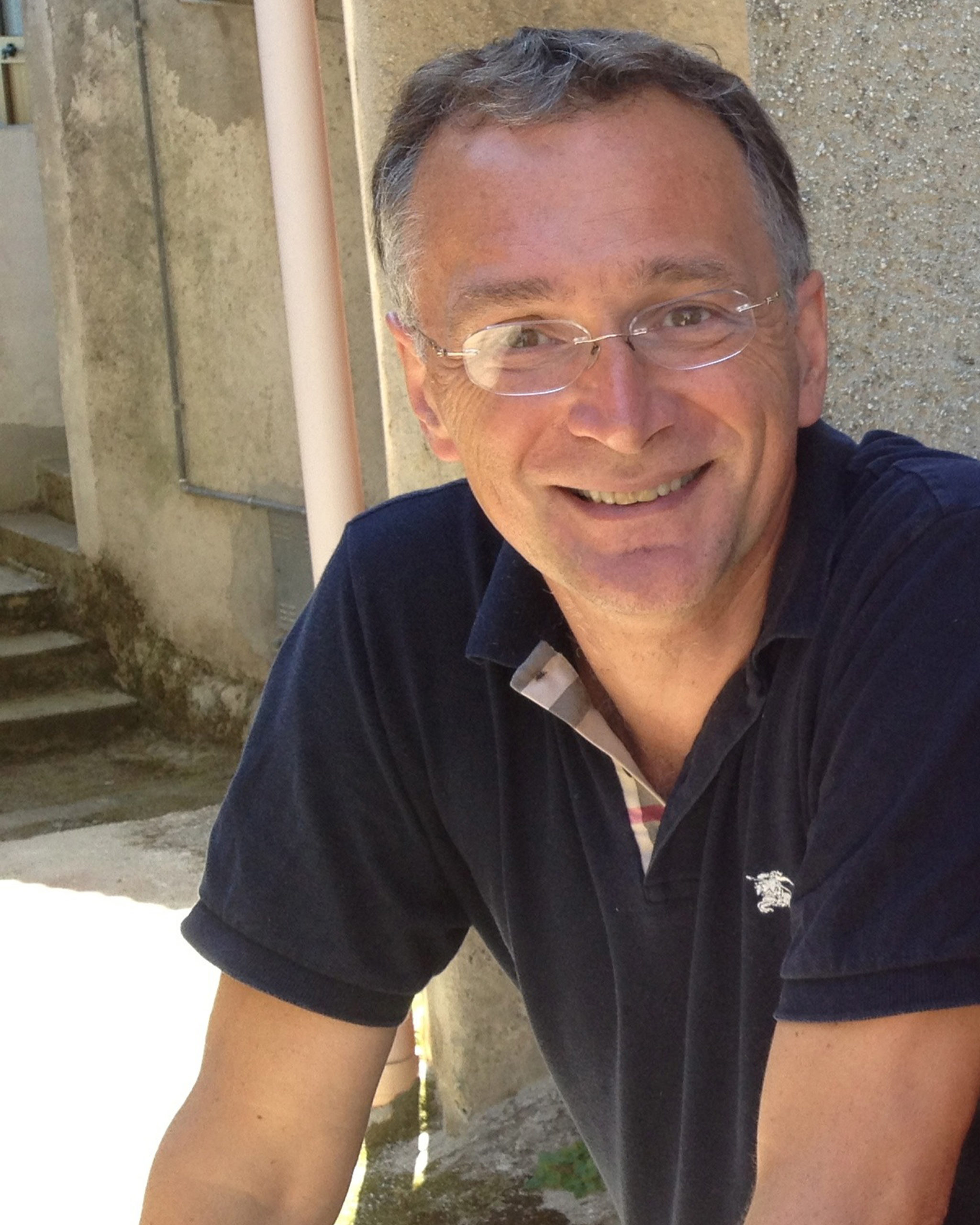Education
- Dottore in Matematica, Universita’ di Padova, Italy
- PhD and MS Degrees, Mechanical Engineering, University of California, Berkeley
- Executive education (no degree): Harvard Business School & Wharton School of the University of Pennsylvania
Research Interests
- Cancer therapeutics
- Nanomedicine
- Drug delivery technology
- Mathematical oncology
- Biological mass transport
Biography
Mauro Ferrari joined the Department of Pharmaceutics in 2019. An active scientist-entrepreneur, he served in the past as tenured professor in engineering and/or medicine, at University of Texas institutions, at the University of California Berkeley, at the Ohio State University, and Weill Cornell Medicine. For about a decade he was president and CEO of the Houston Methodist Research Institute, and served as executive vice-president of the Houston Methodist Hospital. Most recently, he presided over the European Research Council. His current entrepreneurial engagements are with DXT Pharmaceuticals (CEO), Arrowhead Pharmaceuticals (Director) and BrYet US (Scientific Founder).
Dr. Ferrari is a pioneer of nanomedicine, transport oncophysics, and nanotechnology. His laboratory is actively engaged on these fronts, in particular in a DOD-funded endeavor to develop cures against metastatic breast cancer. In his career, he has overseen the clinical translation of dozens of new drugs and medical devices.
Selected Publications
PubMed Link
- Ferrari M (2005) Cancer nanotechnology: Opportunities and challenges. Nature Reviews Cancer 5(3):161-171 [cover].
- Tasciotti E, Liu X, Bhavane R, Plant K, Leonard AD, Price BK, Cheng MM, Decuzzi P, Tour JM, Robertson F, Ferrari M (2008). Mesoporous silicon particles as a multistage delivery system for imaging and therapeutic applications. Nature Nanotechnology 3(3):151-7 [cover]
- Michor F, Liphardt J, Ferrari M, Widom J (2011) What does physics have to do with cancer? Nature Reviews Cancer11(9):657-670 [cover]
- Chen X, Iliopoulos D, Zhang Q, Tang Q, Greenblatt MB, Hatziapostolou M, Lim E, Tam WL, Ni M, Chen Y, Mai J, Shen H, Hu DZ, Adoro S, Hu B, Song M, Tan C, Landis MD, Ferrari M, Shin SJ, Brown M, Chang JC, Liu XS, Glimcher LH (2014). XBP1 promotes triple-negative breast cancer by controlling the HIF1α pathway. Nature. 508(7494):103-107.
- Blanco E, Sangai T, Wu S, Hsiao A, Ruiz-Esparza GU, Gonzalez-Delgado CA, Cara FE, Granados-Principal S, Evans KW, Akcakanat A, Wang Y, Do KA, Meric-Bernstam F, Ferrari M (2014). Colocalized delivery of rapamycin and paclitaxel to tumors enhances synergistic targeting of the PI3K/Akt/mTOR pathway. Nature Publishing Group Molecular Therapeutics. 22(7):1310-1319.
- Blanco E, Shen H, Ferrari M (2015) Principles of nanoparticle design for overcoming biological barriers to drug delivery. Nature Biotechnology 33: 941–951.
- Xu R, Zhang G, Deng X, Mai J, Segura-Ibarra V, Wu S, Shen J, Liu H, H, Koay EK,, Blanco E, Liu X, et al, Ferrari M*, Shen H*. An injectable nanoparticle generator enhances delivery of cancer therapeutics. Nature Biotechnology. 2016 Apr; 34(4):414-8
- Bruno G, Di Trani N, Hood R, Zabre E, Filgueira C, Canavese G, Jain P, Smith Z, Demarchi D, Hosali S, Pimpinelli A, Ferrari M, Grattoni A. (2018) Unexpected behaviors in molecular transport through size-controlled nanochannels down to the ultra-nanoscale. Nature Communications. Apr 27; 9(1):1682. Doi:10.1038/s41467-018-04133-8
- Cooke J, Ferrari M. (May 2018) Inflammation-targeted vascular nanomedicine. Nature Biomedical Engineering, vol 2, pages 269–270, Doi:10.1038/s41551-018-0241-y.
- Goel S, Zhang G, Nizzero S, Cristini V, Wang Z, Hu Z, Li Z, Liu X, Shen H, Ferrari M. (2020) Sequential deconstruction of composite drug transport in metastatic breast cancer, Science Advances, vol 8 n. 26, doi.org/10.1126/sciadv.aba 449

